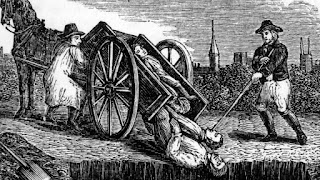On our cistern

When I was a schoolboy I was told how the Vikings, the Saxons and the Normans were responsible for lots of English place names; things like -thorpe from the Norse for a village, as in Mablethorpe, and -ham is from the Saxon for the same thing, as in Birmingham. In 711AD North Africans invaded what is now Spain and they controlled at least part of the peninsula for the next 700 plus years. Obviously enough, during that time, they made their mark on the land and its people. In the Spanish language lots of words begin with "a" or "al". That's because the Arabic for "the" is "a" or "al". Over times the sound sort of fused - like the old advert, Drinka Pinta Milka Day, or how, when I've finished this, I'll get a cuppa. If you know Spanish you'll be able to think of myriad words that begin in "a" like azúcar, almohada, albahaca or almirante. If you don't know Spanish think of some of the place names tha...





